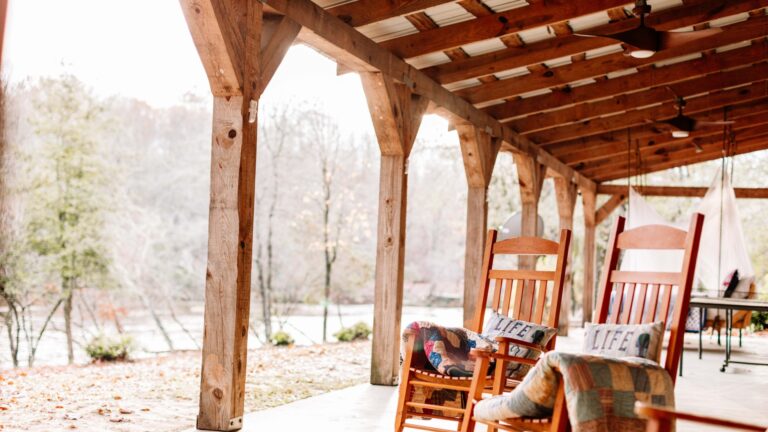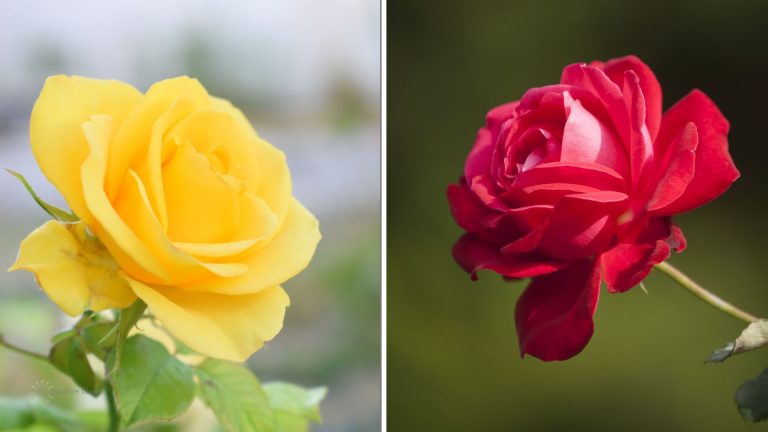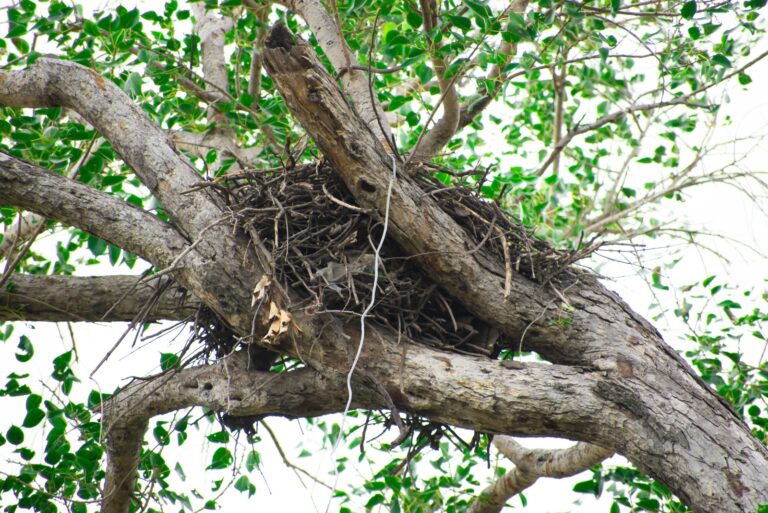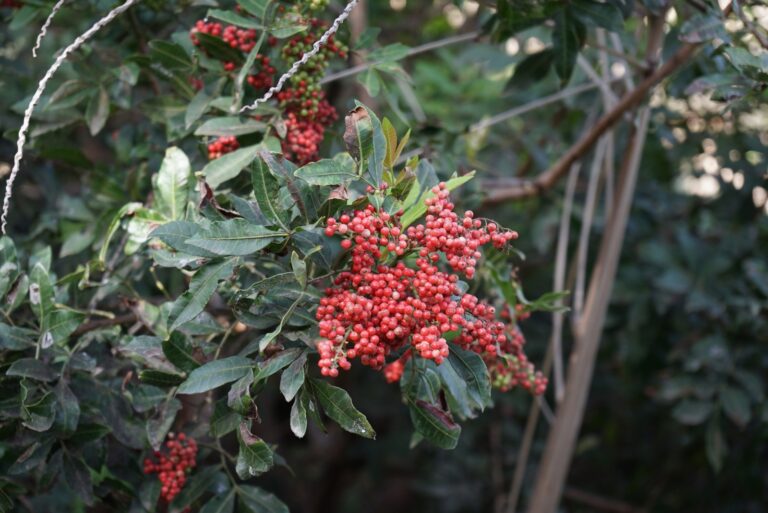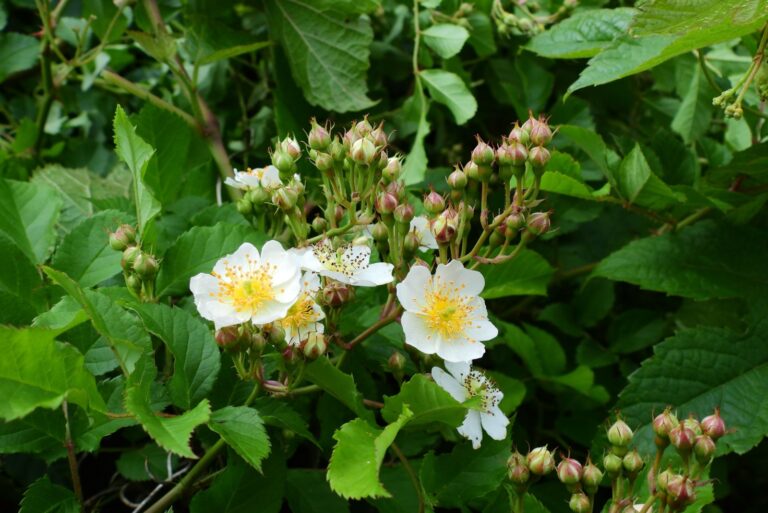10 Powerful Plants That Protect West Virginia Yards From Rats
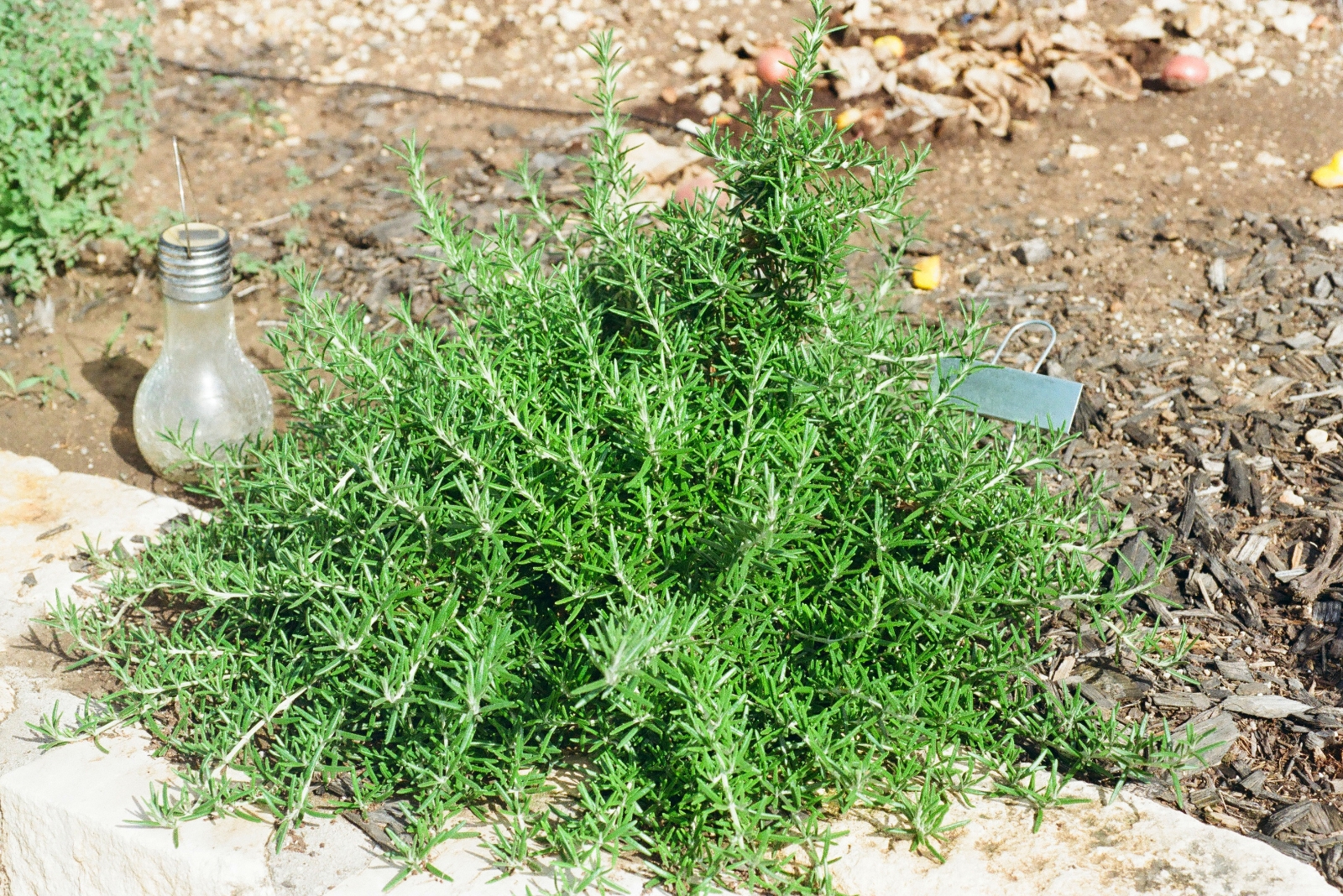
Nobody wants rats in their West Virginia yard, but certain plants can help keep them at bay. These ten powerful choices work naturally and look great, too.
I’ve picked the ones that are easy to grow and effective. Your West Virginia garden can stay green, safe, and rodent-free.
1. Peppermint
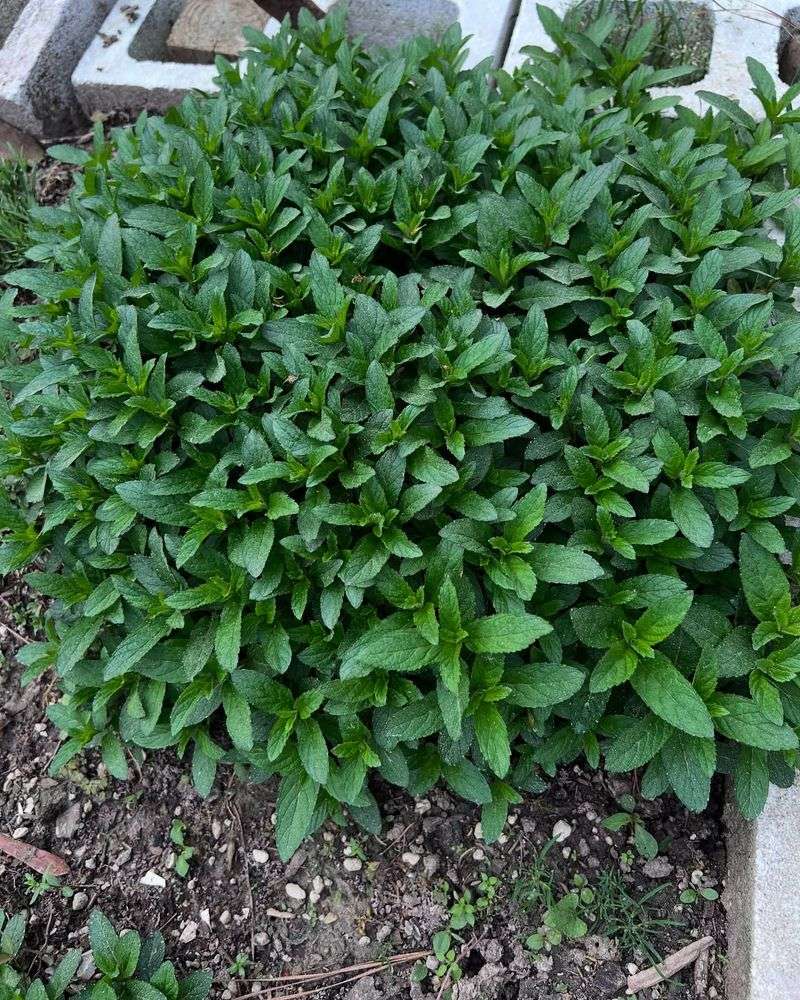
Rats absolutely hate the strong scent of peppermint, making it one of your best allies in West Virginia. Plant it near entry points to your home or around garden beds where you’ve spotted rodent activity.
Peppermint grows quickly and spreads easily, so you’ll get plenty of coverage without much effort. Plus, you can harvest the leaves for tea or cooking, giving you a double benefit.
Just remember to contain it in pots if you don’t want it taking over your entire yard!
2. Lavender
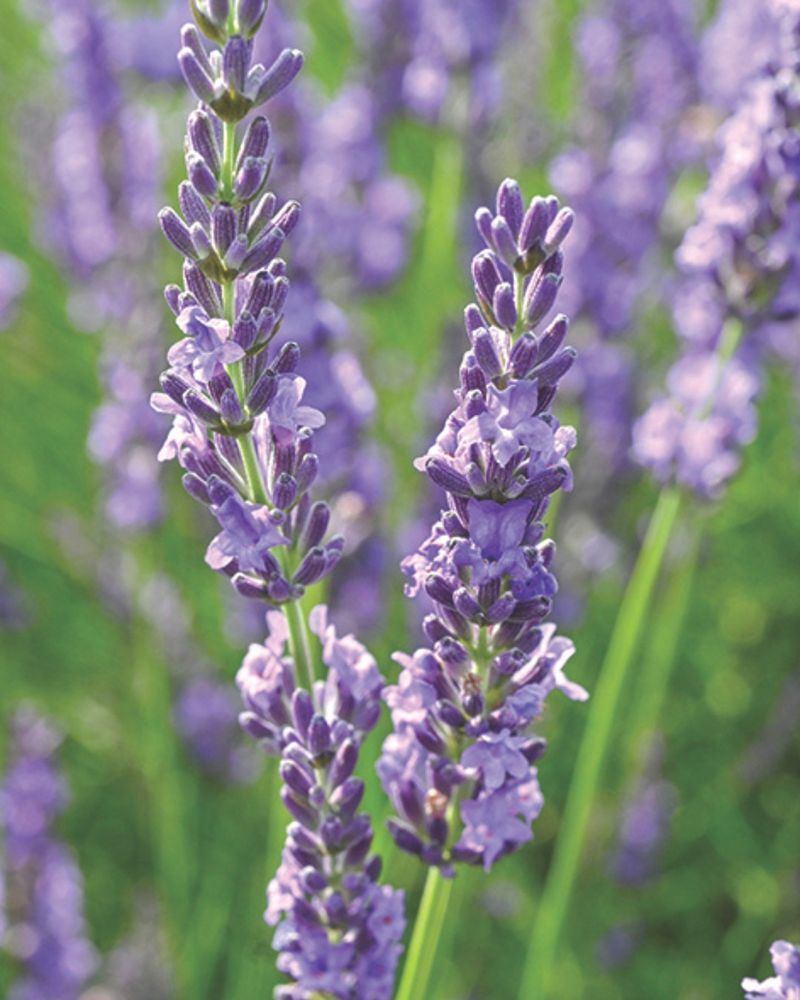
With its beautiful purple blooms and calming fragrance, lavender does more than just look pretty in your West Virginia garden. Rats find the smell overwhelming and will steer clear of areas where it’s planted.
Lavender thrives in sunny spots with well-drained soil, making it perfect for most yards across the state. It’s also drought-tolerant once established, so you won’t need to water it constantly.
Butterflies and bees love it, but rats definitely don’t!
3. Rosemary
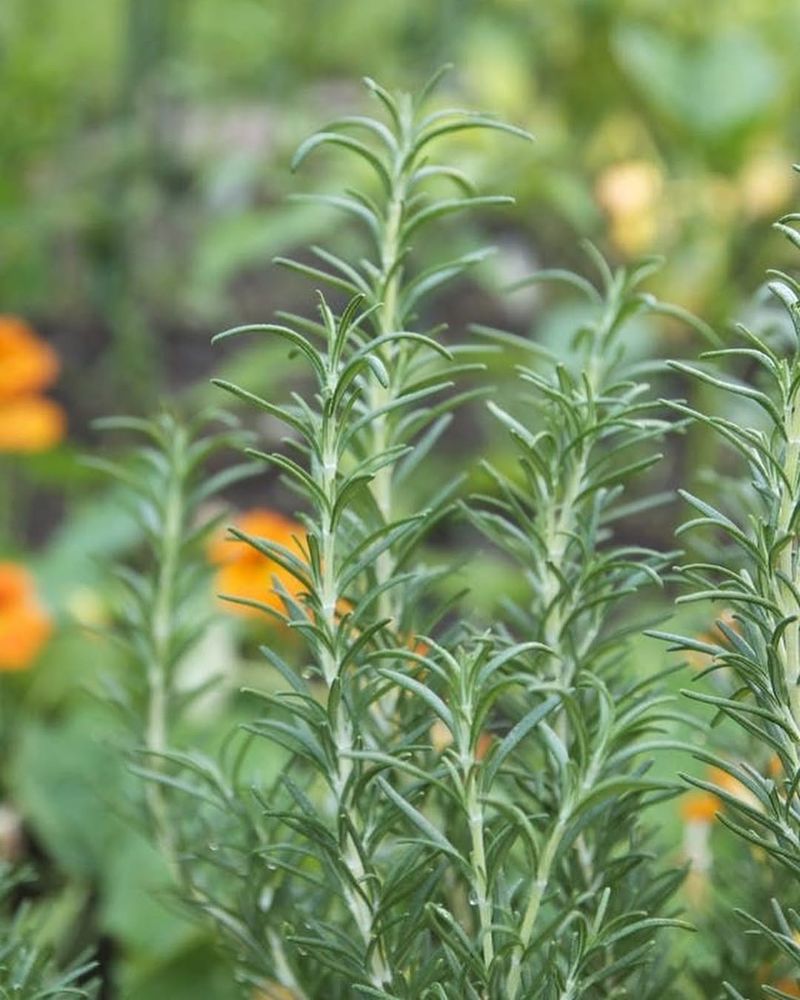
This woody herb packs a powerful punch against rodents while adding delicious flavor to your kitchen creations. West Virginia gardeners appreciate rosemary because it’s hardy and can survive mild winters in many areas.
The intense aroma that makes rosemary perfect for cooking is exactly what drives rats away from your property. Plant it along pathways or near doorways for maximum protection.
You’ll enjoy fresh herbs year-round while keeping pests at bay naturally and effectively.
4. Marigolds
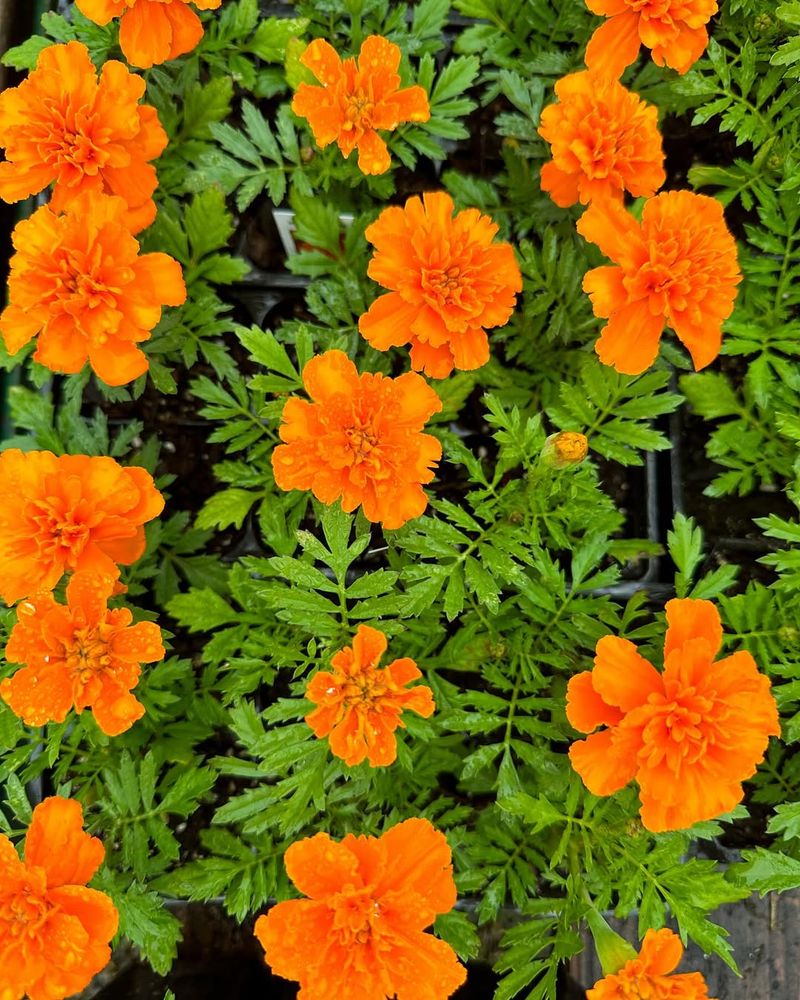
Marigolds aren’t just cheerful additions to your flower beds—they’re secret weapons against rats in West Virginia yards. Their pungent scent confuses and repels rodents, making them think twice about entering your space.
Plant them around vegetable gardens or along fence lines for a colorful protective barrier. They’re incredibly easy to grow from seed and bloom all summer long.
Many gardeners across the state swear by marigolds for keeping multiple pests away, not just rats!
5. Daffodils
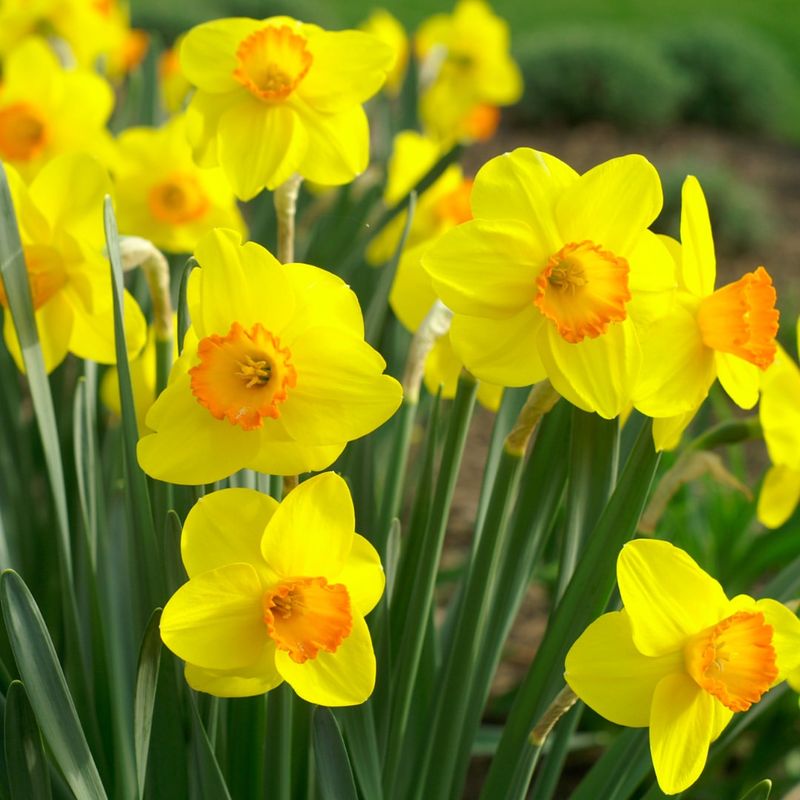
Rats avoid daffodils because these spring beauties contain toxic compounds that rodents instinctively know to stay away from. West Virginia homeowners love planting daffodil bulbs in fall for gorgeous spring displays that also deter pests.
Once planted, daffodils return year after year without much maintenance, multiplying naturally over time. They work especially well around building foundations and garden perimeters.
The cheerful yellow blooms signal spring’s arrival while silently protecting your property from unwanted visitors.
6. Black Pepper Plant
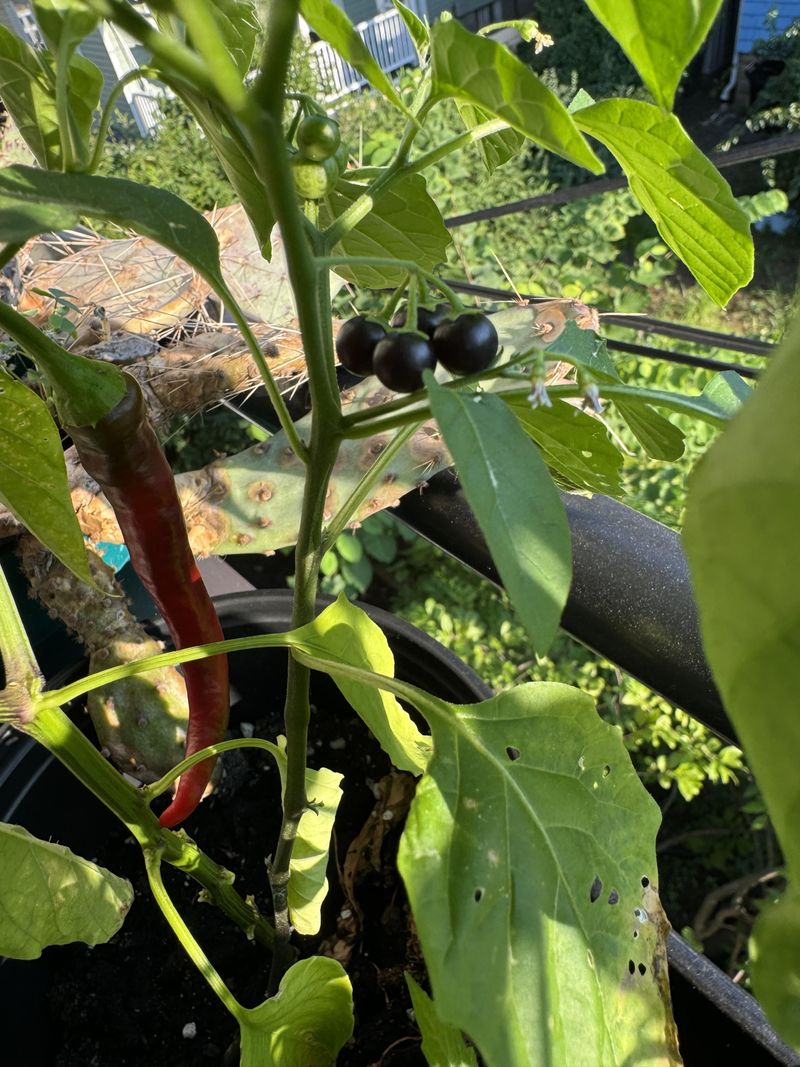
While black pepper plants prefer warmer climates, West Virginia residents can successfully grow them in containers that move indoors during cold months. The spicy compounds in the leaves and developing peppercorns are highly offensive to rats.
Position potted pepper plants near doorways or on patios where rodents might try to enter. Even the scent of crushed black pepper scattered around your yard creates an unwelcome environment.
Growing your own pepper adds exotic flair while serving a practical pest-control purpose!
7. Garlic
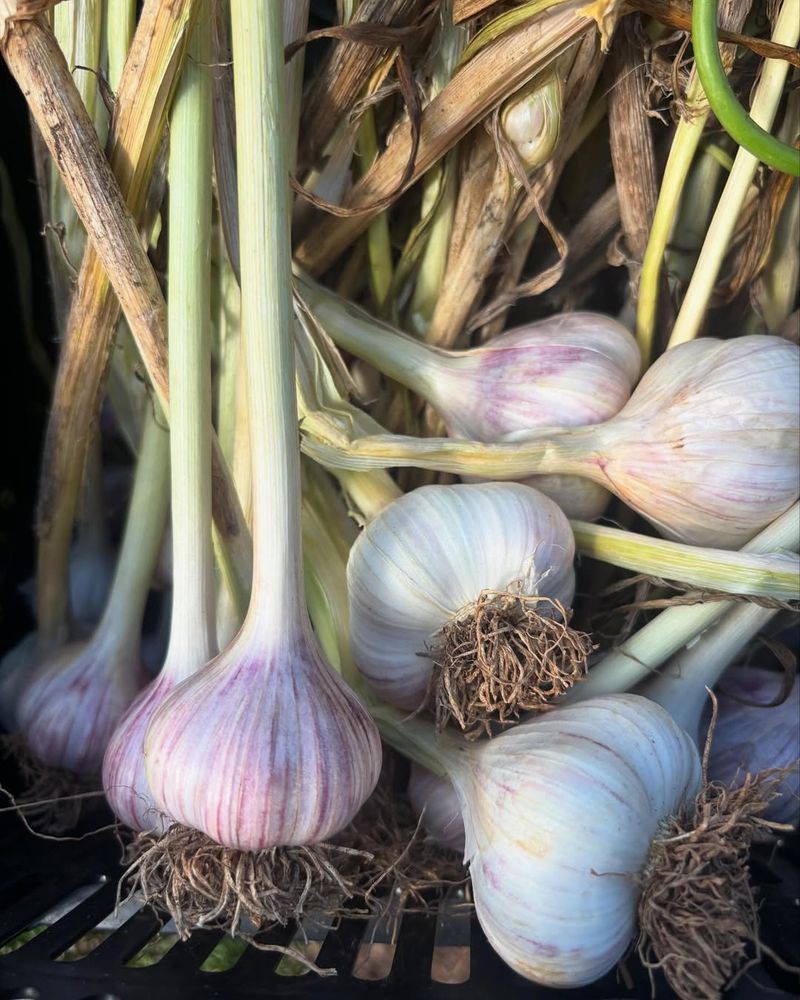
Garlic’s powerful smell doesn’t just enhance your cooking—it’s a natural rat repellent that works wonders in West Virginia gardens. Plant garlic cloves around the perimeter of vegetable patches or flower beds for protection.
The strong sulfur compounds released by garlic plants create an invisible shield that rodents won’t cross. Garlic grows well in the state’s climate and you’ll harvest delicious bulbs in summer.
It’s a win-win situation: fresh garlic for your kitchen and fewer rats in your yard!
8. Sage
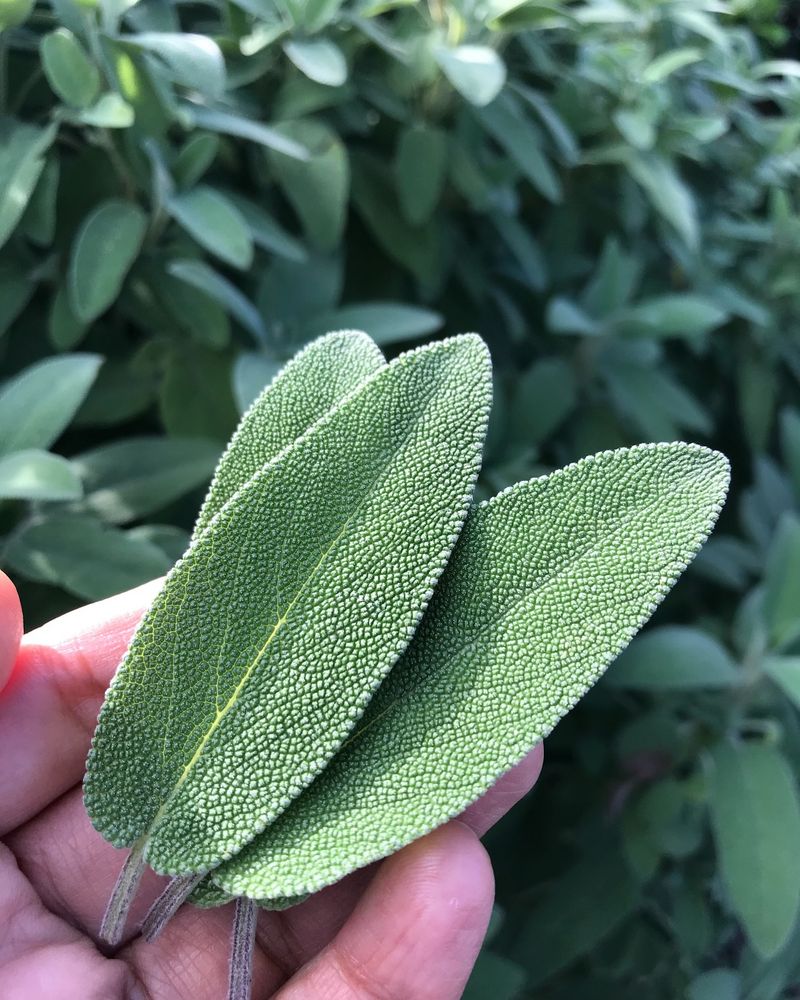
Sage brings a Mediterranean vibe to West Virginia yards while naturally repelling rats with its strong, earthy aroma. The fuzzy leaves release oils that rodents find particularly unpleasant.
This perennial herb comes back year after year, growing larger and more fragrant with each season. Plant it near compost bins or garbage areas where rats might be attracted.
You can dry the leaves for cooking or crafts, making sage both beautiful and functional in multiple ways for your home.
9. Catnip
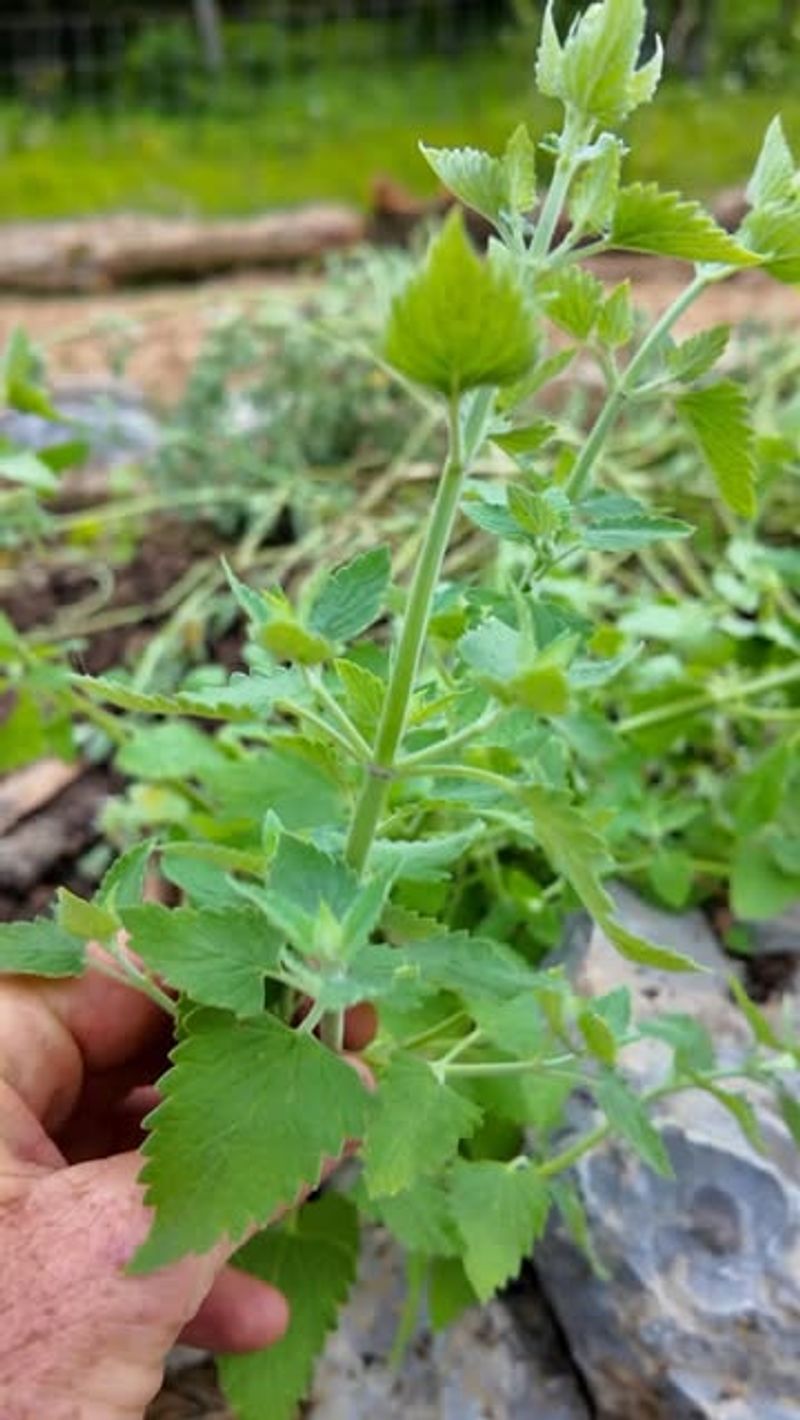
Interestingly, while cats go crazy for catnip, rats can’t stand it and will avoid areas where it grows in your West Virginia yard. The same oils that attract felines repel rodents effectively.
Catnip spreads readily and requires little care once established in sunny locations. Plant it along property boundaries or near sheds and garages.
If you have outdoor cats, they’ll love rolling in it while simultaneously helping to mark territory that rats will avoid—a perfect partnership!
10. Chrysanthemums
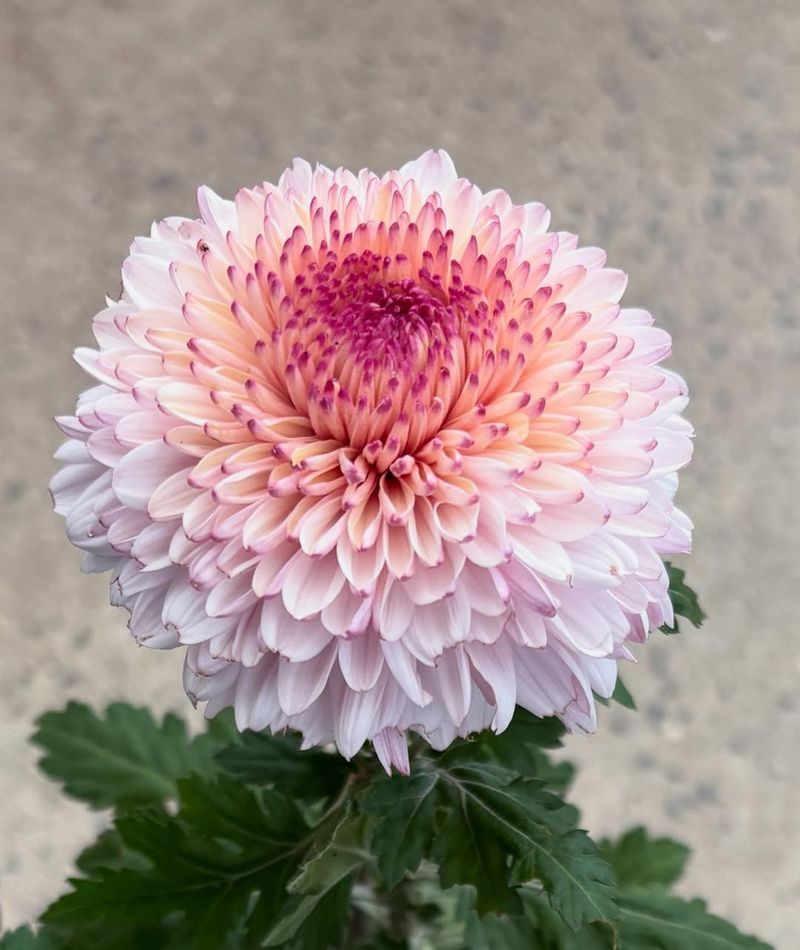
Chrysanthemums contain natural pyrethrins, compounds used in many commercial pest repellents, making them excellent rat deterrents for West Virginia properties. Fall-blooming mums add vibrant color when many other plants are fading.
Plant them around foundations, porches, and entry points where rodents might try to gain access. The flowers come in countless colors, letting you create beautiful displays with purpose.
Rats detect the insecticidal properties and wisely choose to nest elsewhere, leaving your yard pest-free and gorgeous!

